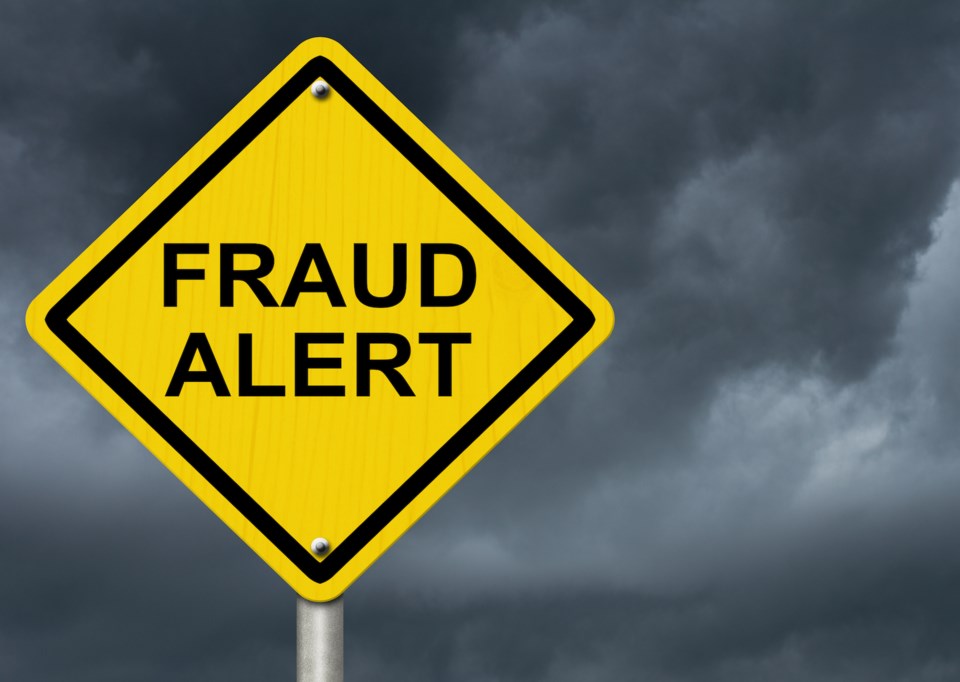OPP continues to receive reports from victims who have been contacted by fraudsters claiming to be bank investigators from their financial institution, local law enforcement, or one of their online merchants.
Fraudsters may ask for the victim's assistance in an ongoing "investigation" against criminals who compromised the victim's accounts. They ask the victim to deposit or send funds overseas. It is not until transfers are completed that the victim realizes that their accounts have been compromised.
Fraudsters will convince victims to send an Interac e-transfer transaction to their own cellphone number. The suspect will instruct the victim on the steps required to add themselves as a payee and to increase their daily Interac e-transfer limit to $10,000.
The maximum amount that a sender may send through the Interac e-transfer network may vary depending on the sender's financial institution. Interac will automatically refuse to complete any payment by a sender above the limit established by the financial institution). The suspect provides the e-transfer question and answers that the victim must use for the transfer. Once the victim sends the Interac e-transfer transaction to their own cellphone number, suspects will ask the victim for a "code" which is the last portion of the Interac e-transfer URL/link received. If the victim provides the URL, suspects will have the ability to deposit the funds into their own account.
In some cases, thieves are able to provide some of the victim's personal information which might include name, date of birth, phone number, address and debit card number to make the call seem legitimate.
Additionally, suspects are spoofing financial institution phone numbers or are providing fraudulent call-back phone numbers that impersonate the financial institution.
According to the Canadian Anti-Fraud Centre (CAFC), bank investigator frauds represented $10.2 million in reported losses in 2023. Ontario victims reported losing more than $5.4 million. It is estimated that only five to 10 per cent of victims report frauds to the CAFC or law enforcement.
Warning Signs - How to Protect Yourself
Financial institutions or online merchants will never request you to transfer funds to an external account.
If you get a call claiming to be from your financial institution, advise the caller that you will call them back. End the call and dial the number on the back of your bank or credit card from a different phone if possible or wait 10 minutes before making the outgoing call.
Fraudsters use call-spoofing technology to mislead victims. Do not assume that phone numbers appearing on your call display are accurate.
Never provide remote access to your computer or smartphone.
If you or someone you know suspect they have been a victim of fraud, report it to your local police service and to the CAFC at 1-888-495-8501 or online on the Fraud Reporting System (FRS), even if a financial loss did not occur.



